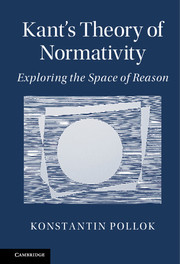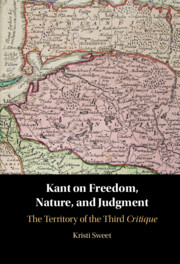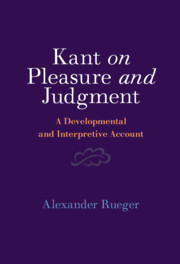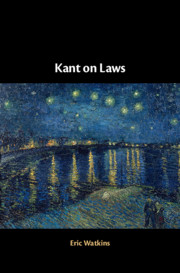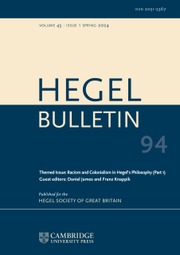Kant on Language
Kant had thoughts on language, but his account of language is not explicit and cannot be found in any dedicated section of his works, so it needs to be philosophically reconstructed. The essays in this volume address the linguistic ramifications of Kant's thought and investigate his views on language from unique perspectives. They demonstrate that Kant's notions of thinking, knowing, communicating, and acting have linguistic implications: from the problem of empirical concept-formation to the categorial structure of experience, from the exhibition of aesthetic ideas to the role of analogies and metaphors, from poetry as the art of language to the moral relevance of rhetoric and the problem of persuasion, and from the source of Kant's philosophical vocabulary to the role of language in defining 'humanity'. The volume offers a new and distinctive interpretive context in which Kant's approach to language can be critically appreciated.
- Essays cover the whole scope of Kant's philosophy, including metaphysics, theory of cognition, ethics, aesthetics, and anthropology, as well as Kant's historical sources and background
- Offers historical and systematic perspectives on the linguistic implications of Kant's thought
- Addresses the explicit relevance of Kant's dealing with the issue of language, thereby plotting new interpretive routes in Kant's thought and fostering new debates
Product details
October 2025Hardback
9781009239172
320 pages
229 × 152 mm
Not yet published - available from October 2025
Table of Contents
- Introduction Konstantin Pollok and Luigi Filieri
- Part I. Linguistic Implications of Kant's Thought:
- 1. Kant on language: semiotics and heuristics Mirella Capozzi
- 2. The rise of empirical meaning Claudio La Rocca
- 3. Kant and the idea of a language in 'the senses' Clinton Tolley
- 4. Grammar, categories and the structure of experience Peter Thielke
- 5. A liberated language. Kant on hypotyposis, symbol and analogy Alfredo Ferrarin
- 6. Expressing the unnamable: poetic language, humanity and sociability in Kant's third critique Iris Vidmar Jovanović
- 7. Kant's metaphors and analogies Sofie C. Møller
- Part II. Kant on Language: Historical and Philosophical Implications:
- 8. Kant's vocabulary in context:
- 18th century canons for building a philosophical language Courtney D. Fugate
- 9. Cassirer on Kant and W. v. Humboldt on language: 'Die Freiheit und Selbständigkeit des geistigen Tuns' Sebastian Luft
- 10. Anthropology and the deaf and dumb: investigating Kant's sources Raphael Ehrsam
- 11. Not those who 'all speak with pictures': Kant on linguistic abilities and human progress Huaping Lu-Adler
- 12. Like entering a bright room? Kant and the challenge of lucidity Adam Westra
- 13. Kant and the moral challenges of rhetoric Scott R. Stroud
- 14. Kant's inferentialism Michael N. Forster
- 15. Was Kant an expressivist?Should he have been? Karl Schafer
- Bibliography
- Index.


